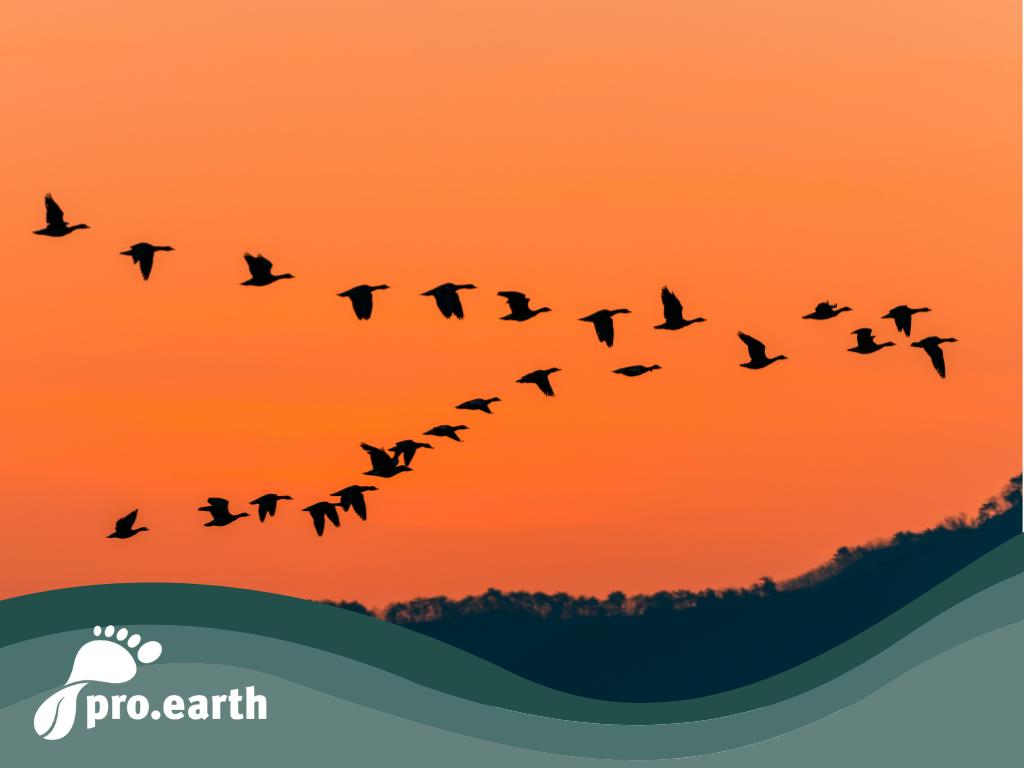The effects of global warming on migratory birds are massive

Climate refugees from the bird world are to be expected. In fact, greylag geese are increasingly staying in Austria, while others come from the south and spend the winter here. Sounds like more biodiversity at first, but at the same time it is being lost in the regions from which the refugees come. A difficult development that can only be observed - it is almost impossible to intervene.
Global warming is causing migratory birds to rethink their behavior - even in Austria.
In 2004, the greylag geese migrated from Austria to North Africa. Erwin Nemeth from Birdlife Austria explains that the last reading at that time was in Tunisia. At present, around a third of the greylag geese stay in Austria all year round, while others only fly as far as the Balkans. This change is enormous, says Nemeth.
This development goes hand in hand with the fact that birds from the north are increasingly absent from Austria.
"Climate refugees" come from the south
The mild temperatures make traveling in winter unnecessary, which seems advantageous at first glance. But this is not the case, as the habitats in the south are simply becoming increasingly uninhabitable for birds.
In principle, one can be happy about the many bird species in Austria, but in fact there are two sides to the story.
"In reality, these are birds escaping unfavorable conditions and now trying to make a living here," says Nemeth.
This results in a dearth of birds in the south.
Starlings, for example, are flying less frequently to North Africa because the conditions there are becoming increasingly unbearable. In Austria, however, they are confronted with more drought, partly due to the high consumption of groundwater.
The birds are clearly trying to keep up with the climatic changes, but where this will lead is uncertain, says Nemeth:
"There is no doubt that we are in a time of massive change in ecosystems."
And the long-haul airlines?
Short-haul flyers such as greylag geese can react more flexibly to the effects of climate change. Long-distance flyers traveling to sub-Saharan Africa often only notice at their destination that there are not enough insects for their offspring.
The consequences are - as you can imagine - devastating.
https://news.pro.earth/2023/01/11/zugvoegel-im-klimastress/






